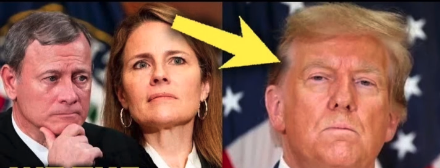SCOTUS Declines to Hear Challenge to College Bias Response Teams; Thomas and Alito Dissent
The U.S. Supreme Court on Monday declined to take up a case questioning the constitutionality of college bias response teams, leaving intact lower court rulings that upheld their existence.
The lawsuit, brought by Speech First—an organization dedicated to protecting students’ First Amendment rights—targeted Indiana University’s use of bias response teams. These teams solicit anonymous reports of perceived bias and, in some cases, have the authority to recommend disciplinary action against students. Speech First contended that such systems suppress open expression on campus by chilling speech that might be deemed controversial or offensive.
In a rare move, Justices Clarence Thomas and Samuel Alito dissented from the Court’s decision not to hear the case. Both argued that the issue is ripe for review, given the widespread presence of bias response teams across the nation’s universities. They warned that without a definitive ruling from the high court, students’ ability to challenge these policies would vary based on geography—creating, as they put it, a “patchwork” of constitutional rights.
Speech First had hoped that the Indiana case would provide the Supreme Court an opportunity to settle the constitutional question once and for all. The group maintains that bias response teams enable universities to discourage disfavored viewpoints without imposing outright speech bans, effectively achieving censorship through intimidation rather than regulation.

